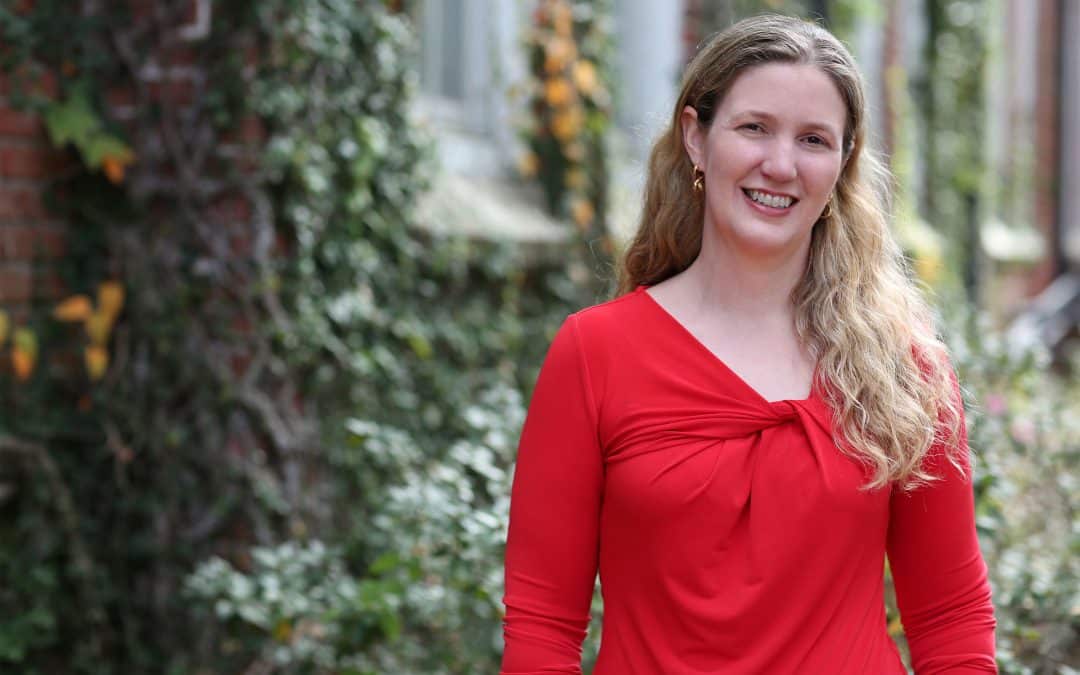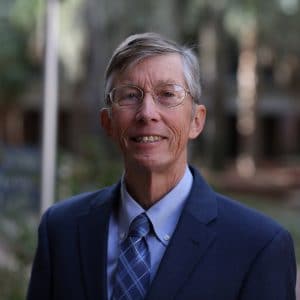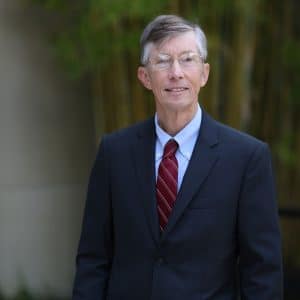A global impact through virtual exchange
In the Fall of 2021, Paloma Rodriguez, Director of the Office of Global Learning, forwarded to me an electronic request from an instructor in Ecuador who was interested in a virtual exchange activity for a statistics class. I reached out to Ricardo Andres Lopez Celi of the University de San Francisco, and we planned a virtual exchange project for my QMB 3250 class. Our students met in Zoom twice during the Spring 2022 semester. The first time, we completed an icebreaker activity together and the students shared collages of pictures of themselves and their favorite things. We then had the students create a team collage with their new teammates from the other university. During the second meeting, the students worked on three statistical problems in Excel. The students had an opportunity to meet each other and work on statistical problems together.
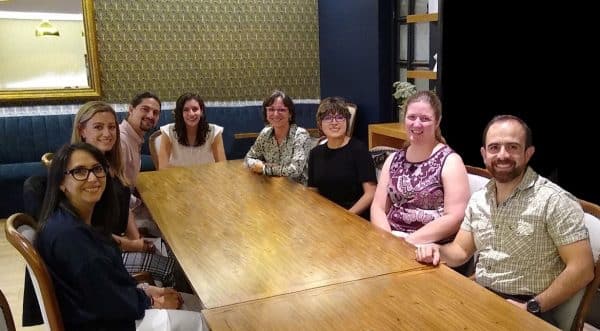
In June 2022, Tara Mathien from the UF College of Education, Paloma Rodriguez, and I went to Quito, Ecuador to meet with faculty from the University de San Francisco de Quito (USFQ). The trip was co-sponsored by the Center for Latin American Studies (Latin American Business Program – LABE) and the International Center. The university is Ecuador’s first private university and has almost 10,000 students enrolled, covering 10 majors and degrees that range from chemical engineering to marketing, to gastronomy.
On our first day in country, we toured the beautiful campus and visited with the faculty of the University de San Francisco de Quito. Notice the large USFQ Dragon mascot positioned on one of the academic buildings! Can you imagine a similar UF Gator on the roof of the chemistry building or maybe the international center on UF campus in Gainesville? The campus is in a suburb of Quito called Cumbaya at an altitude of 7,200 feet, which is a lower altitude than Quito at 9,350 feet. For us Floridians, who are used to lower altitudes, it was not too much of an issue being at the higher altitudes until you were climbing stairs or walking up a hill. Then, it was an issue!
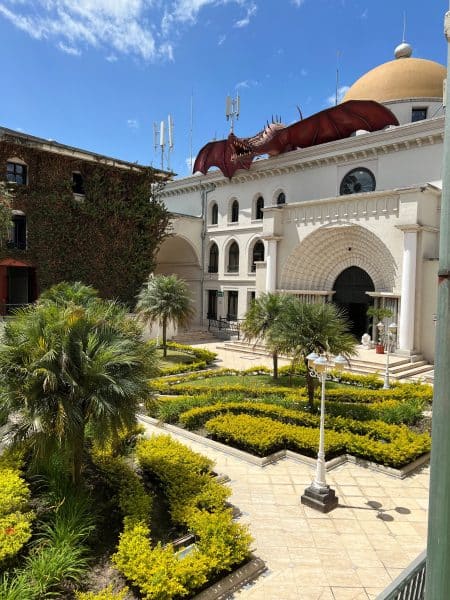
We also saw the classrooms available for students who came to USFQ to take classes under a faculty-sponsored study abroad program.
After the tour, we had lunch with our partners in virtual exchange as well as the other members of the International Center in Quito. The following day, I joined Ricardo Lopez’s class, and we worked out an activity about normal distribution using a Google Jam board.
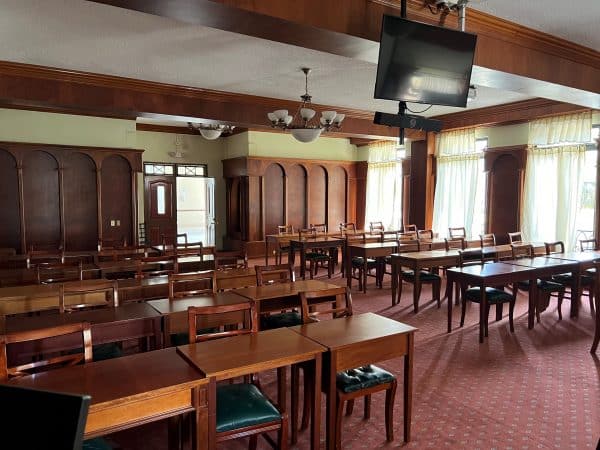
As for the future, Ricardo Lopez and I plan to continue virtual exchange but shift the focus to data ethics, a complex topic with significant cultural intricacies. If you are interested in taking the UF VE training through the Office of Global Learning, funding is available to support faculty members in taking the course. They are currently accepting applications. More information can be found on UF International Center’s Virtual Exchange Training.


